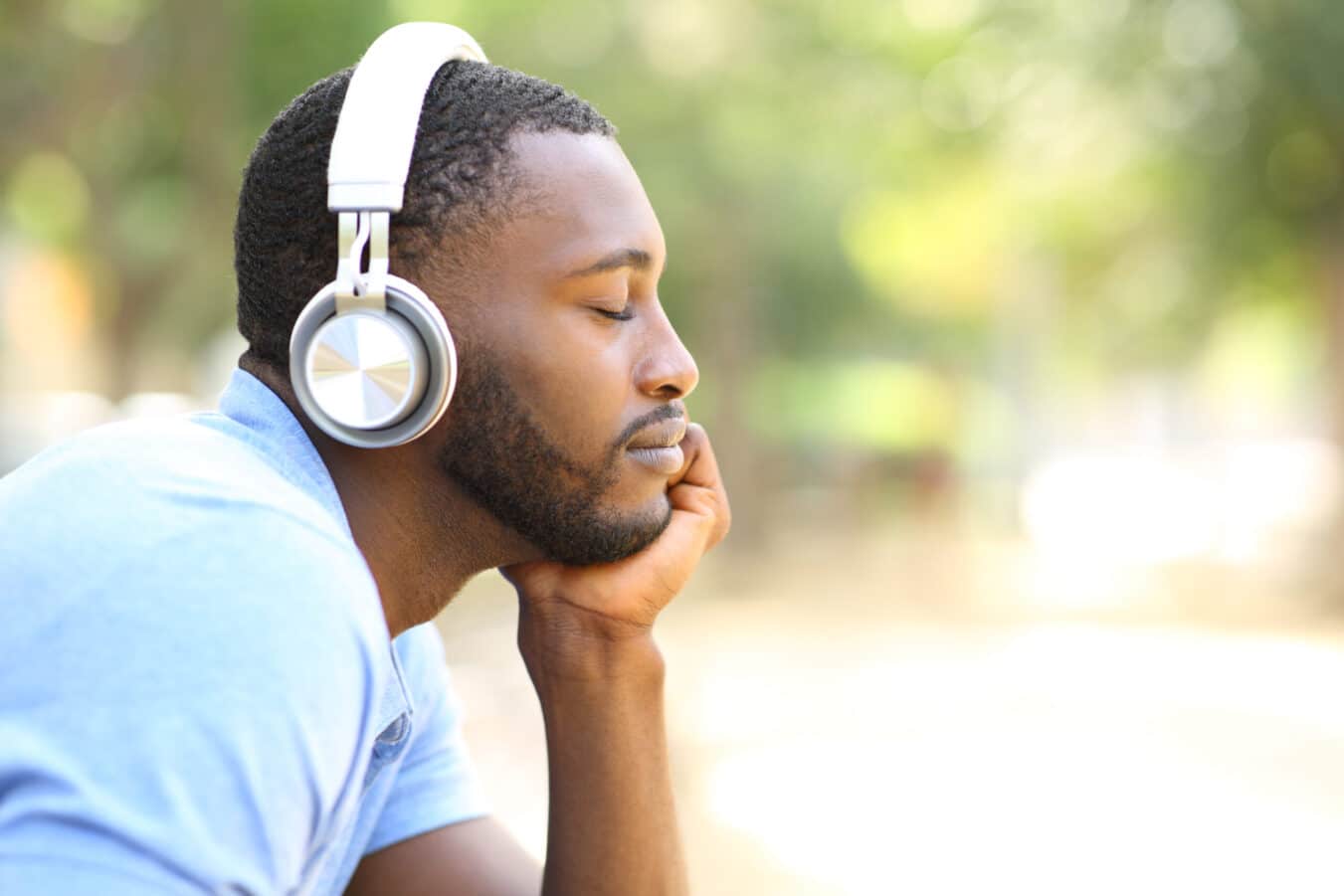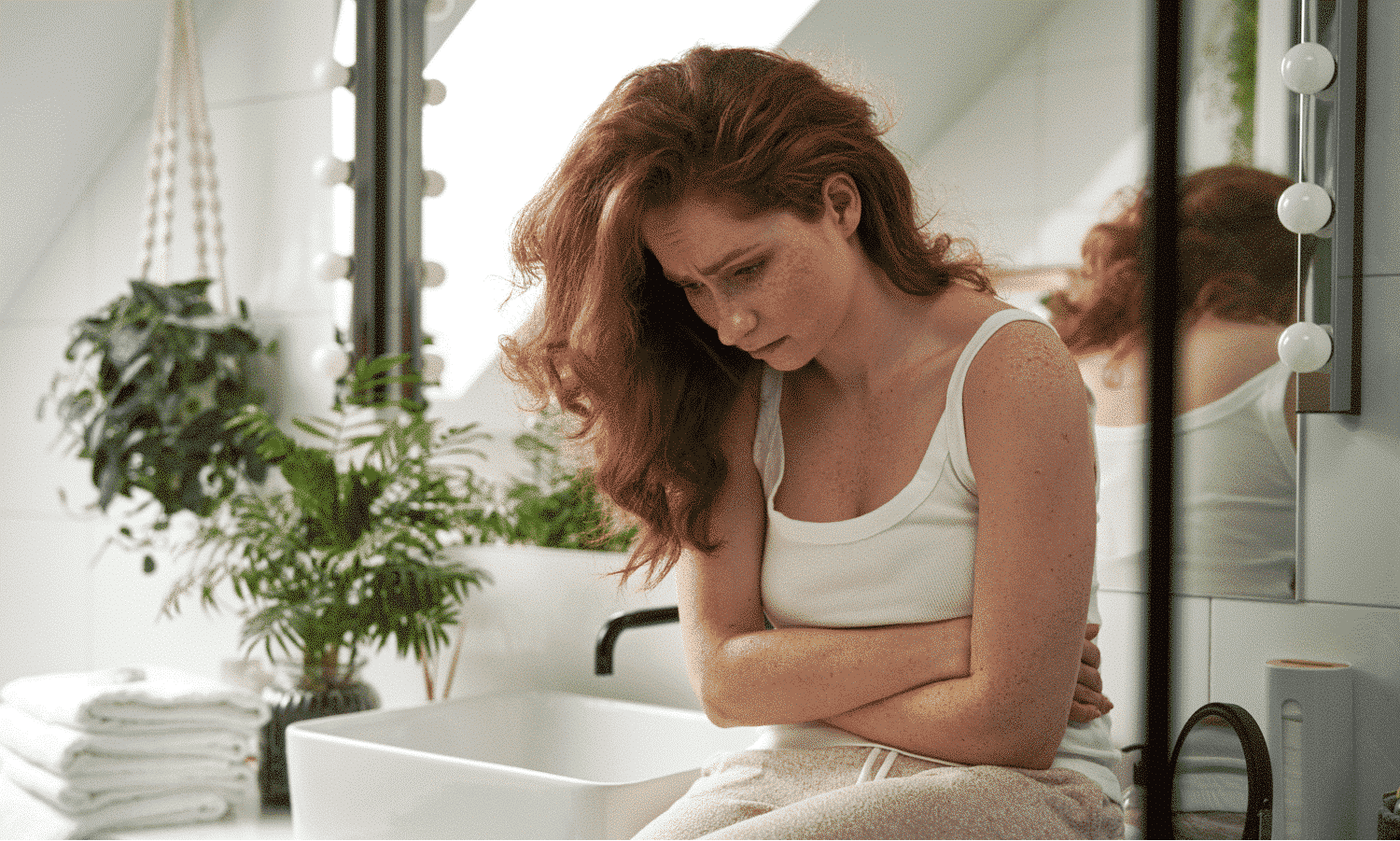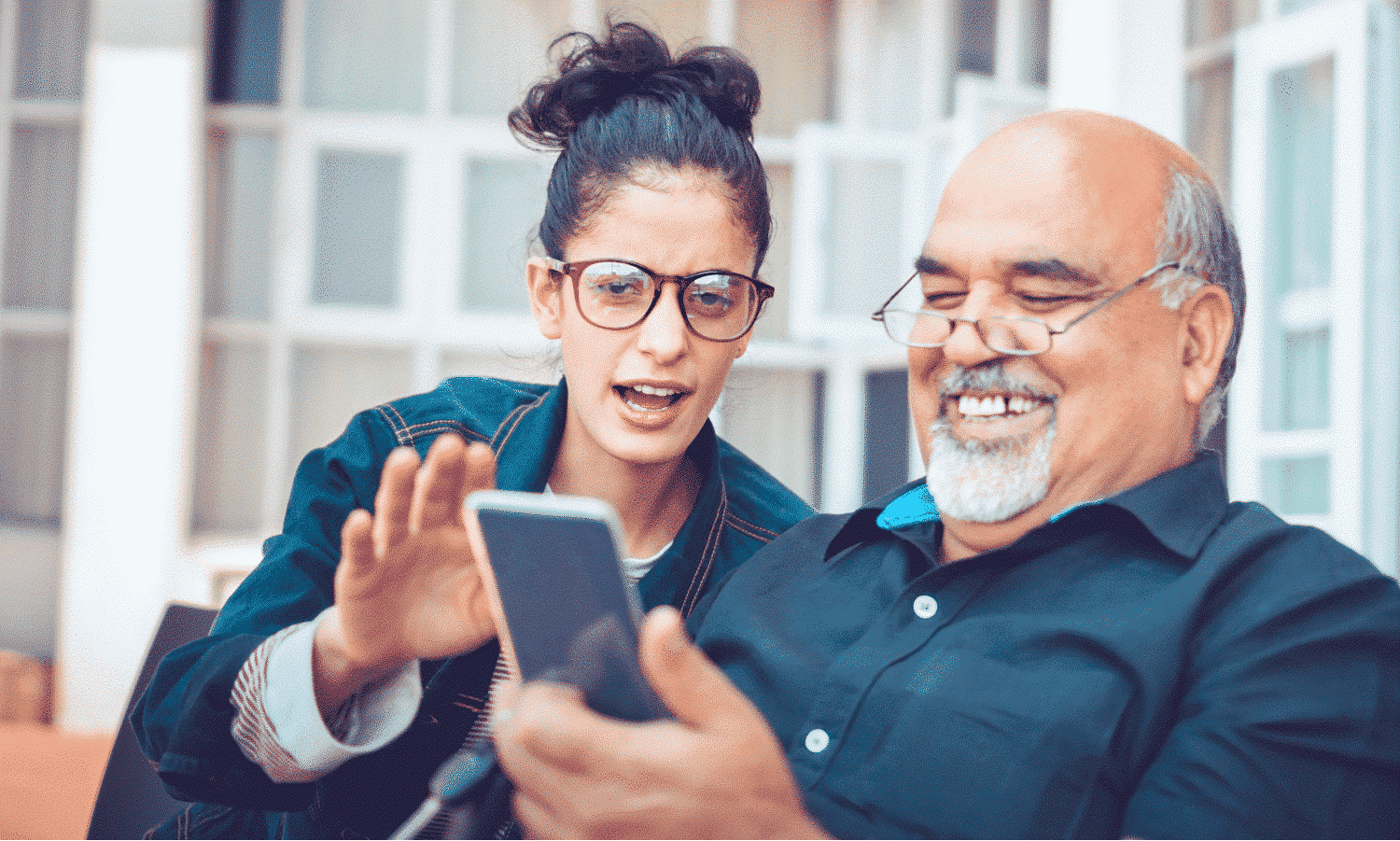Emily was diagnosed with rheumatoid arthritis at the age of thirteen. Being a teenager can be tricky at the best of times, but dealing with the diagnosis of a chronic condition meant that Emily had to make a lot of changes.
Emily shared her story with us, telling us all about her diagnosis and how it impacted her physical and mental health.
Now, at the age of 24, Emily has learned to accept her RA as a part of her. She leans on her wonderful support network whenever she needs to and is now working to educate other people about the effects of rheumatoid arthritis.
Keep on reading to discover what Emily learned from her rheumatoid arthritis and how her life has changed since being diagnosed.
Please note that this article solely reflects the individual experience of the interviewee. This should not be taken as medical advice.
There are a lot of misconceptions about Rheumatoid arthritis and the people that have it. What would you like other people to know about the condition?
One misconception about rheumatoid arthritis is that only old people can get it. I was diagnosed with RA at the age of thirteen years but had symptoms for around a year before.
I was only properly diagnosed after my mum had to pay for me to be seen. Doctors were telling me it was growing pains and that my symptoms were psychological. It was like the doctors wouldn’t really believe the amount of pain I was in.
To be completely honest, before I was diagnosed or even experienced symptoms, I also thought that arthritis was only for the elderly. I’d never heard of young people having it. A lot of people assume this because there’s not enough education out there.
Another misconception is the difference between rheumatoid arthritis and osteoarthritis. The majority of people think that these are the same and often think that all types of arthritis mean you just have aching joints when this is not correct.
Osteoarthritis causes joints to become stiff and painful, whilst RA is actually an autoimmune disease, it attacks healthy cells in the body. Almost anything in the body could become affected by RA; it’s not just a case of aching bones.
Because my immune system is so low, I have to be up to date with all non-live vaccines. Otherwise, I could become seriously ill. A common cold could cause me to be in bed for weeks as I experience symptoms much more intensely. Getting sick can also trigger a flare-up with my RA.
After you were diagnosed with Rheumatoid arthritis, what changes did you have to make in your daily life?
I had to adapt to a completely new social life. Before I was diagnosed, I loved doing things with my friends. At the time of my diagnosis, I was a teenager so I loved going shopping, to the movies, having sleepovers with my friends, horse riding, and dancing, but I had to slow down when my pain started, and once I was diagnosed.
I couldn’t do much with my friends anymore socially. My condition meant that they’d have to come over to my house or I’d have to go to theirs.
If I did actually end up going somewhere with them it meant I’d have to take a different journey. They would usually take the bus or train. I couldn’t do this because of the walk to and from the station. My mum would have to drive me, which doesn’t seem like a huge deal, but I still felt I missed out in some way.
I had to adapt to using mobility aids, especially a wheelchair. I had to have a spinal fusion which meant that I had to learn how to walk again. I was especially weak around this time.
I did sometimes feel embarrassed using a wheelchair or walking stick at the age of thirteen because it felt like everyone was staring at me, and some people actually were. I could feel people looking at me as if to say, “you don’t need that; you look fine.”
I also had to go from rarely seeing a doctor to going to the hospital pretty often. I remember one day when I had to visit three different hospitals. It was extremely tiring.
Another thing that changed was my independence. Thirteen is usually the age when you start becoming more independent, but my life was going completely the opposite way.
Most days, my mum had to help me get dressed, help me in and out of the bath as the handrail wasn’t enough, wash and brush my hair, and even help me walk around the house. Now, at the age of 24, sometimes I still have to get her to help me with these things. Luckily, I’ve learned to accept my condition and my limitations now.
Can you tell us about some of the feelings you experienced after you were diagnosed?
Once I was diagnosed, everything happened so quickly. I had a halo traction and spinal fusion because the RA affected my spine. I didn’t really have any time to experience feelings.
It wasn’t until I was around fifteen/sixteen that I started to experience the aftermath of my feelings. I suffered really badly with my mental health. I experienced a lot of loneliness and isolation. I didn’t know anyone else who had RA, and whenever I went to see my consultant in the clinic, I was always the youngest person there. This really hit me hard.
I also started to suffer from depression and had very dark thoughts. I couldn’t really accept that this had happened to me.
I was lucky enough to have a really great childhood growing up due to my mum and brother. But I started experiencing a lot of anger. I lashed out a lot verbally, especially towards my mum.
I didn’t have access to the right mental health support to help me deal with my RA, so I really felt like I had been thrown in the deep end.
A lot of the depression I experienced was triggered due to bullying, I was bullied in school for having RA. I was mocked for the way I walked and I got called a lot of names.
Rheumatoid arthritis can impact so many areas of your life. How do you deal with the mental and emotional side effects of the condition?
Luckily, I have a great support network – including my family, friends, and fiance – who are able to empathize with me and listen to me when I need to talk about things.
I still struggle a lot mentally to this day with having RA and with everything I went through, but luckily I’m on medication for my mental health, and I’m also in therapy with a lovely therapist with whom I was able to learn to trust.
Having a good support system helps so much. For me, having family and friends who let you chat or rant about things without questioning and just lending a listening ear is so important.
Whenever I’m really struggling with my mental health, I always do things that make me happy or take my mind off my condition, like skincare, watching my favorite movie, eating my favorite food, etc. These things help to bring a bit more joy into my life.
I also think it’s very healthy to cry and get upset. I still mourn the body I used to have and get upset about it. I do need to cry about it now and again, but it’s better to get my feelings out than to ignore them and keep them in the back of my mind.
If you could go back in time, what would you like to say to your younger self who has just been diagnosed with RA?
That it’s not the end of the world.
Doctors always told me that I might grow out of it in my teenage years. I hoped I would, but I never did. And that’s okay.
Part of me is glad that I do have RA because now I volunteer for amazing organizations for people with RA. Through this experience, I’ve met some wonderful people who also have RA and are able to actually understand what I’m going through instead of just sympathizing.
I’m also now able to help educate people on RA, and that young people can actually be disabled. It’s so rewarding helping people to understand RA and disabilities a bit more.
Having RA has really opened my eyes and helped me to appreciate the world more.
I would love to tell my younger self that everything is going to be okay and that it will all work out.
What has your Rheumatoid arthritis taught you? Do you look at life differently because of your condition?
My RA has taught me to appreciate the little things in life. For example, brushing my hair myself or doing my makeup is a huge achievement.
It’s really shown me to be kind to everyone because you really don’t know what anyone is going through at the end of the day. On the outside, I look well but in reality, strangers don’t know what I’m going through or what I’ve already been through.
I’ve learned that having a condition like RA is not the end of the world. In fact, I’ve learned to embrace my condition and accept that it’s a part of me.
Like I said before, I appreciate the little things in life now. I love watching sunrises and sunsets, watching the clouds, looking at nature, and spending time with friends and family.
Life can definitely be cruel, but it can also be beautiful.













